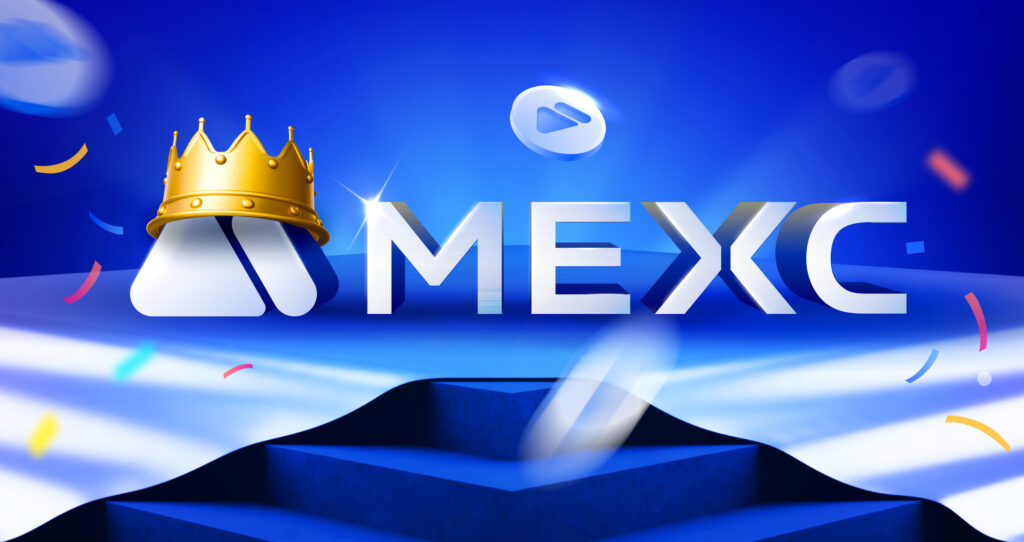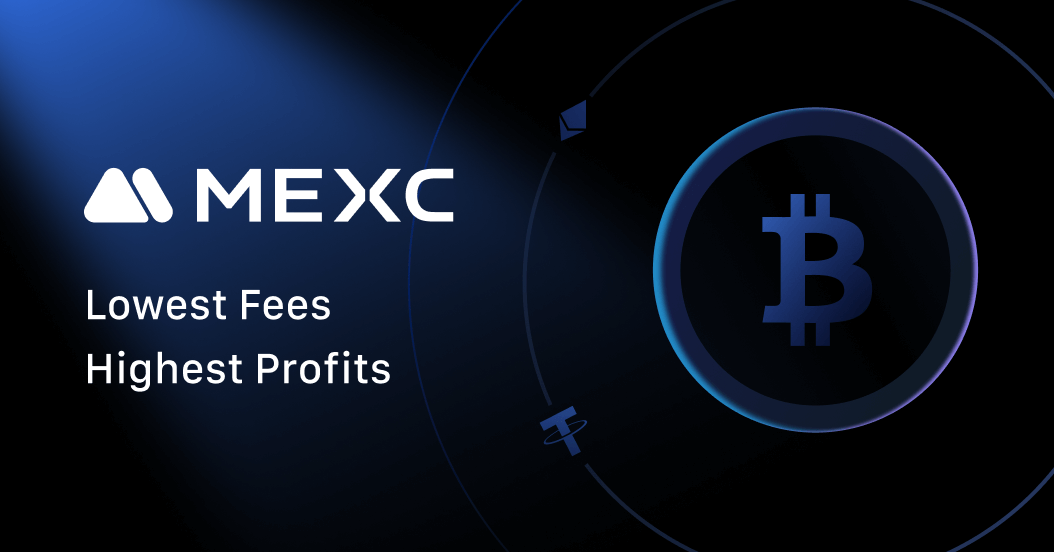
6 minute read
Is MEXC Banned in Germany? What You Need to Know
from MEXC
by Exness_India
If you are wondering whether MEXC, the popular cryptocurrency exchange, is banned in Germany, you’ve come to the right place. The short and straightforward answer is: No, MEXC is not banned in Germany. However, the full story involves some important regulatory details you should understand before trading on MEXC in Germany.
This article will provide a clear overview of MEXC’s status in Germany, the regulatory landscape, and what German users need to consider.
✅ Trade with MEXC now: Open An Account 👈 (1,000$ Signup Bonus)

What is MEXC?
MEXC (formerly known as MXC Exchange) is a global cryptocurrency exchange platform that offers spot trading, futures, margin trading, and a wide range of digital assets. Since its launch, MEXC has rapidly grown in popularity due to its extensive token offerings, user-friendly interface, and relatively low fees. It serves millions of users worldwide, including many in Europe.
Given the surge in crypto adoption across Europe, many German investors are keen to use platforms like MEXC. But with the strict regulatory environment in Germany and the European Union, the question of whether MEXC is officially allowed or banned is crucial.
Is MEXC Banned in Germany?
As of now, MEXC is not banned in Germany. The exchange remains accessible to German users who want to trade cryptocurrencies on the platform. There are no official statements or regulatory announcements from German authorities explicitly banning MEXC.
That said, it’s important to understand that cryptocurrency regulations in Germany are strict and evolving. The German Federal Financial Supervisory Authority (BaFin) regulates financial services and crypto-related activities. BaFin ensures that crypto exchanges operating in Germany comply with anti-money laundering (AML) laws, licensing requirements, and consumer protection regulations.
Why the Confusion About MEXC’s Status?
The confusion about whether MEXC is banned often arises because:
1. Strict Licensing Requirements: BaFin requires crypto exchanges to obtain a license to operate legally in Germany. Many global exchanges have not completed this process yet.
2. Regulatory Crackdowns: In recent years, BaFin has cracked down on unlicensed crypto services, warning users about the risks of trading on unregulated platforms.
3. Geographical Restrictions: Some exchanges restrict or block access from users in certain countries to avoid legal issues.
Although MEXC has not been officially banned, it has not yet publicly announced a full BaFin license for operating in Germany. This means that while German users can access MEXC, the platform is technically considered unlicensed under German financial law. This could change in the future if MEXC decides to pursue formal licensing.
What Does This Mean for German Users?
If you are a trader or investor based in Germany, here’s what you need to know about using MEXC:
· Accessibility: MEXC’s platform is currently accessible from Germany without IP blocks or country restrictions.
· Legal Risk: Since MEXC is not officially licensed by BaFin, there is a regulatory risk. In theory, BaFin could issue warnings or sanctions if the platform operates in Germany without a license.
· User Protection: Using an unlicensed exchange means less regulatory protection. If something goes wrong—such as platform insolvency, hacking, or fraud—your recourse may be limited.
· KYC and AML Compliance: MEXC requires Know Your Customer (KYC) verification for most services, helping to comply with AML rules. This partially mitigates concerns about illegal activities.
· Tax Reporting: German users are responsible for declaring crypto gains to tax authorities regardless of the exchange used. MEXC provides transaction history for tax purposes.
✅ Trade with MEXC now: Open An Account 👈

How Does German Crypto Regulation Work?
Germany treats cryptocurrencies as financial instruments and regulates exchanges under the German Banking Act (KWG). The key regulatory points are:
· Licensing: Crypto exchanges must apply for a license from BaFin to offer trading services legally in Germany.
· AML Requirements: Exchanges must implement robust anti-money laundering controls and customer due diligence.
· Consumer Protection: Exchanges must safeguard customer assets and provide clear terms and conditions.
· Taxation: Crypto profits are subject to capital gains tax rules, with specific allowances and holding period conditions.
Since MEXC is not currently licensed by BaFin, German users technically use it at their own risk, but there is no explicit ban or blockage from the government.
Alternatives to MEXC in Germany
If you prefer to use a fully licensed exchange that complies explicitly with German law, consider the following alternatives:
· Bitstamp: One of the oldest exchanges with BaFin approval and full European compliance.
· Kraken: Licensed in Germany and well-regarded for security and compliance.
· Coinbase: Operating legally across Europe with local regulatory adherence.
These platforms offer higher regulatory certainty, though sometimes at higher fees or fewer token options compared to MEXC.
Will MEXC Obtain a German License?
MEXC is a rapidly evolving exchange and may pursue formal licensing in Germany or the European Union as regulations become clearer. Obtaining a BaFin license involves a rigorous process, including proving AML compliance, financial stability, and consumer protections.
If MEXC acquires a BaFin license, it will significantly boost its reputation and safety for German users. Until then, traders should weigh the convenience and wide range of tokens on MEXC against the regulatory risks.
Key Takeaways
· MEXC is NOT banned in Germany as of now. German users can access and trade on MEXC.
· The platform currently does not have a BaFin license to operate legally in Germany, meaning it is technically unlicensed.
· Using MEXC in Germany carries some regulatory and consumer protection risks.
· German crypto regulation is strict, with BaFin overseeing licensing, AML, and consumer safety.
· German users should consider tax obligations and use caution when trading on unlicensed platforms.
· Fully licensed exchanges like Bitstamp, Kraken, and Coinbase are safer but may have fewer token options.
· MEXC may seek formal licensing in Germany or the EU in the future.
Final Thoughts
Germany is one of the most regulated cryptocurrency markets in Europe, which ensures high consumer protection but also imposes strict compliance requirements on exchanges. MEXC remains a popular choice for German crypto traders due to its extensive offerings and user-friendly platform. However, it currently operates without a formal BaFin license, which means it is not banned but also not officially regulated in Germany.
If you decide to trade on MEXC from Germany, proceed with caution, do your own research, and consider the risks involved. Always comply with German tax laws and keep an eye on regulatory updates, as the crypto landscape continues to evolve rapidly.
✅ Trade with MEXC now: Open An Account 👈
Read more:








